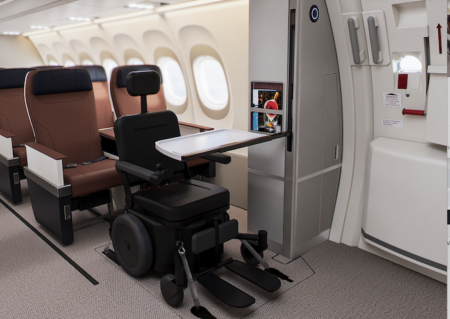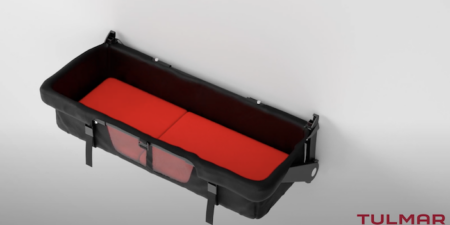Caeli Nova, an aerospace supplier set up in 2018, is entering the market with Cordillera, a passenger emergency oxygen system that it claims can enable airlines to overcome the limitations of operating over challenging routes, such as those over high terrain. If airlines can operate more direct air routes, they can reduce the distance travelled and thus their fuel usage and emissions levels – as well as enabling shorter flight times for passengers.
Tim Wakeford, CEO at Caeli Nova explained the thinking behind the system: “Current regulations limit airlines’ ability to operate the most direct air routes, such as L888 over the Himalayas. Cordillera, which uses our patented breathing technology, allows an aircraft to safely divert at a higher altitude to a suitable airport following a decompression event. As a result, airlines can operate the most optimal routes. In addition to keeping passengers safe and delivering cost and sustainability benefits, continuing the flight at a higher altitude offers the flight crew a safer operating environment in the demanding post-decompression flight phase.”
Caeli Nova received initial Design Organisation approval from EASA for the technology in December 2020, following an eight-month process. Throughout this period, Caeli Nova also worked closely with the regulator to undertake research and development of its technology, and implemented input from medical experts. With design authority in place, the company can now continue development and installation of Cordillera under its own Supplementary Type Certificate (STC). Cordillera has been developed in the UK, with its research and development programme co-funded by Innovate UK, the UK’s innovation agency.
According to Caeli Nova, the Cordillera unit can be easily retrofitted into in-service commercial or military passenger fleets with minimal downtime. First installations have been scheduled for the end of 2021.





